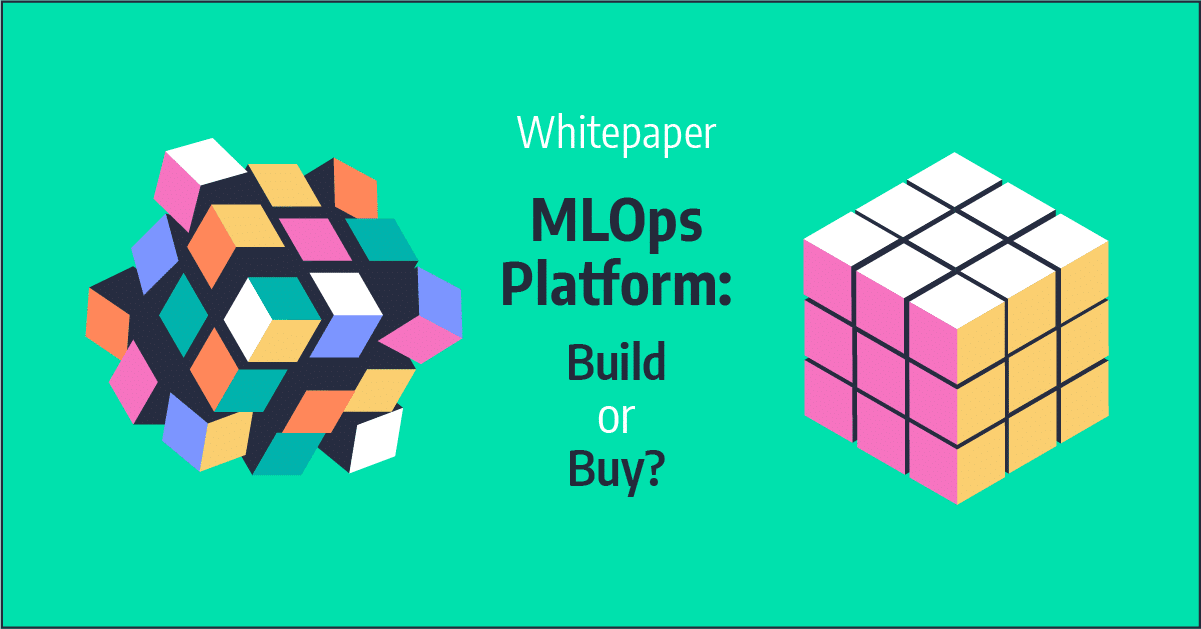
ML Platforms: Assembly Required
This practical guide dives into how to approach your MLOps tool stack
Thank you for downloading this whitepaper
The PDF has been sent to your email. If you have questions feel free to reach out to info@iguazio.com

Enterprise data science combines data scientists, data engineers, software engineering, information architects, IT teams, and more to generate value out of big data.
There’s a lot of overlap between enterprise data science and general data science, and very often the terms get used interchangeably.
Still, there are a few key features that set enterprise data science apart.
Businesses want to tap into big data to improve strategic decision-making, but big data is larger than we realize. Enterprises have massive amounts of uncategorized, unindexed, inaccessible data, and they need data science pipelines to convert it into insights and predictions that add value to the business.
Even when data is indexed, it’s often shut away in siloes where many teams can’t access it. When they can, they still frequently struggle to unlock its value.
Business leaders need enterprise data automation to gather datasets, bring it to life in data dashboards, and make it accessible in centralized data repositories. Data science pipelines streamline the process of making data actionable.
Enterprise data automation involves citizen data scientists, ML experts, software engineers, data scientists, analysts, information architects, and more. To succeed, you’ll also need input from domain experts like C-suite executives who can help identify the most relevant datasets.
An enterprise data science platform is particularly relevant when corporations have a large amount of semi-structured, structured, and unstructured data that they want to combine to generate predictions that guide business decision-making. It brings benefits to enterprises across industries and verticals.
There are many use cases for a data science platform:
Speed up time to valuable insights
An enterprise data science platform provides a fast, effective way for businesses to process and analyze piles of data, even when the data types vary and the data comes from disparate sources. The right platform displays better data visualization to assist departments in mining actionable insights from their data.
Mitigate risk and fraud
Data pipeline automation helps enterprises to mine data in real time so that they can prevent fraud. By spotting risks long in advance, business leaders can develop ways to mitigate, prevent, and soften their impact to preserve the enterprise safely.
Improve product-market fit
With serverless data pipelines, enterprises can explore the pain points and needs of their target market, forecast demand, and apply data-driven predictions to create a better, more relevant product.
Cut the right costs
With the help of data pipeline automation, enterprises can analyze their organizational costs and expenditure to find the best places to make efficiencies and reduce costs. These insights guide you to allocate resources in the right way so that you can cut costs without undermining productivity or performance.

